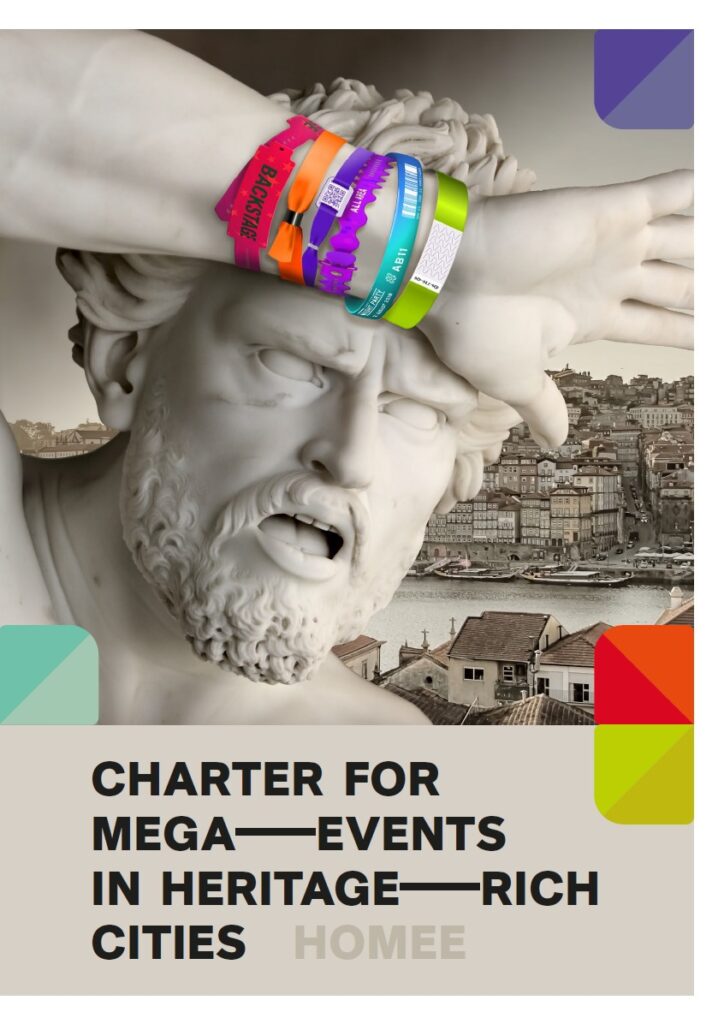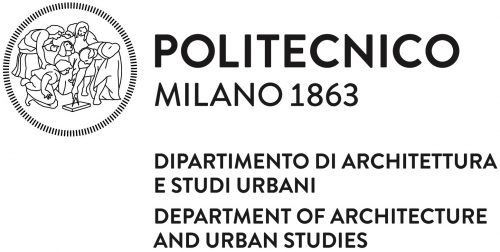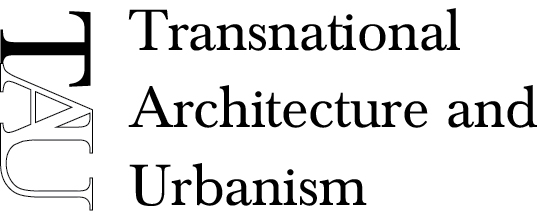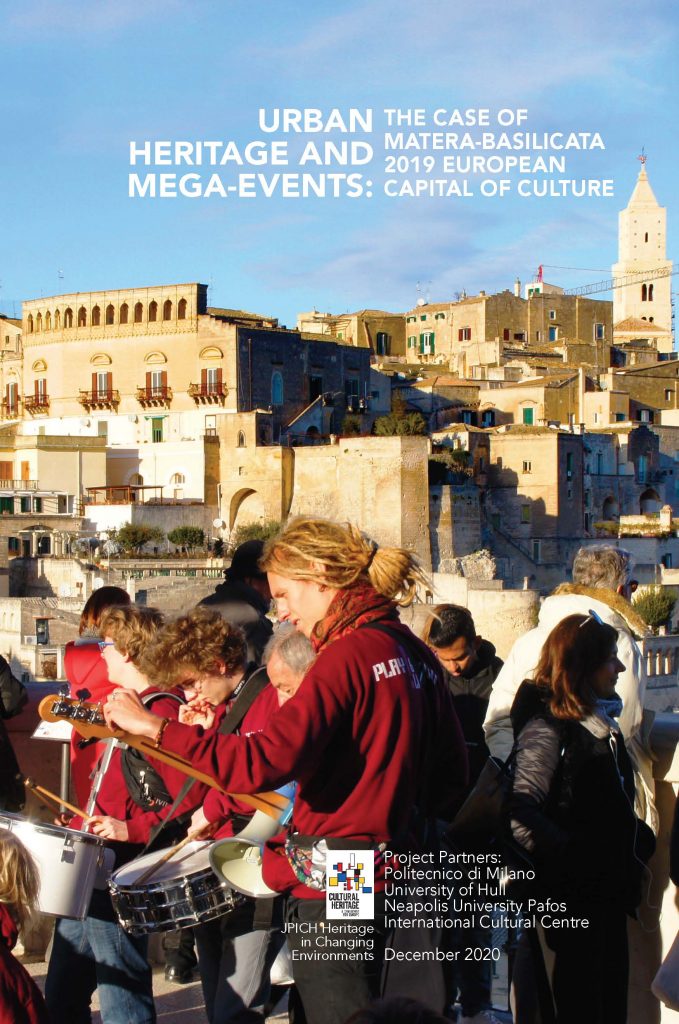Launched in 2021 as the final outcome of the HOMEE Research Project, the Charter for Mega-events in Heritage-rich Cities provides principles and recommendations that can help cities take advantage of the opportunities offered by mega-events and mitigate their risks. The Charter explores issues ranging from the new uses and physical stresses that mega-events can introduce in historic areas to changes in the understanding of heritage spaces. It investigates the challenges for the local governance of mega-events.
Local policymakers can refer to the Charter’s recommendations from the initial bidding stages for cultural mega-events like Capital/City of Culture programmes and throughout the planning of the event and its legacy. More broadly, the Charter can be useful for organising other large cultural events, festivals and sport mega-events that interact with cities’ tangible and intangible heritage.
The Charter consists of 13 key principles structured within the four themes: context matters,
planning legacies, inclusive governance, communities & identities. The 13 principles represent the Charter’s core values. They are supported by more detailed guidelines and recommendations aimed at policymakers, as well as event organisers, heritage officials and the local community.



